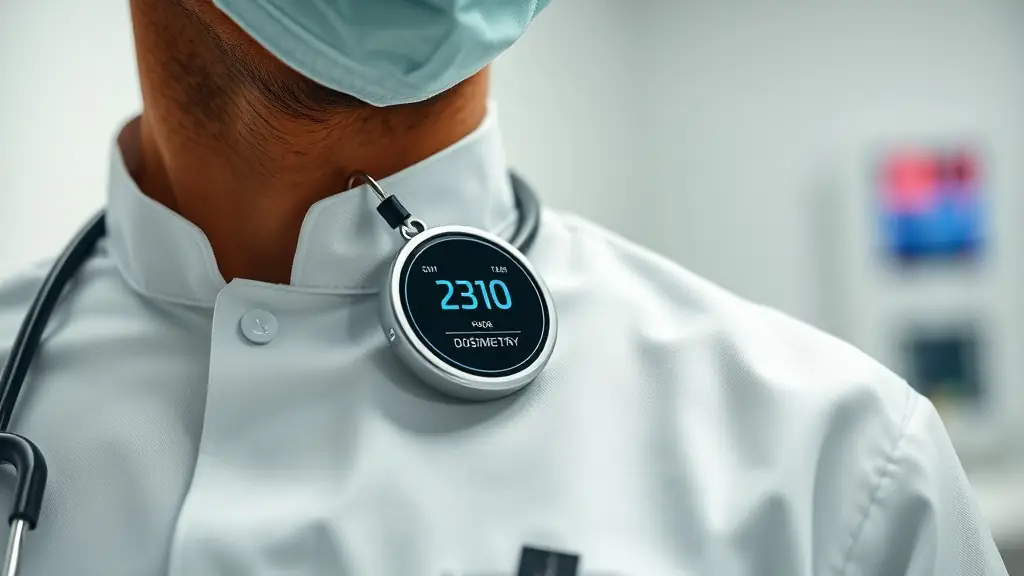The Importance of Safety Equipment in Healthcare
Explore why safety equipment is essential for healthcare professionals in radiation environments.

Dosimetry badges are essential tools for monitoring radiation exposure among healthcare professionals. These badges are designed to provide accurate readings of radiation levels, ensuring that medical staff can work safely in environments where exposure is a concern. By wearing these badges, healthcare workers can track their exposure over time, allowing for better management of their health and safety. Understanding how these badges work is crucial for anyone involved in radiation-related fields.
The technology behind dosimetry badges has evolved significantly over the years. Modern badges utilize advanced materials and sensors to detect various types of radiation, including gamma rays and X-rays. This evolution has led to more precise measurements and improved safety protocols in healthcare settings. Additionally, many badges now come with digital features that allow for real-time monitoring and data analysis, making them even more effective.
Incorporating dosimetry badges into workplace safety programs is not just a regulatory requirement; it is a commitment to the well-being of healthcare professionals. By ensuring that staff members are equipped with reliable dosimetry badges, healthcare facilities can foster a culture of safety and accountability. Ultimately, these badges play a vital role in protecting the health of those who care for others, making them indispensable in the medical field.
Explore why safety equipment is essential for healthcare professionals in radiation environments.
Discover the importance of fetal dosimetry monitors in protecting expectant mothers and their babies.
Learn how dosimetry rings contribute to radiation safety for healthcare workers.